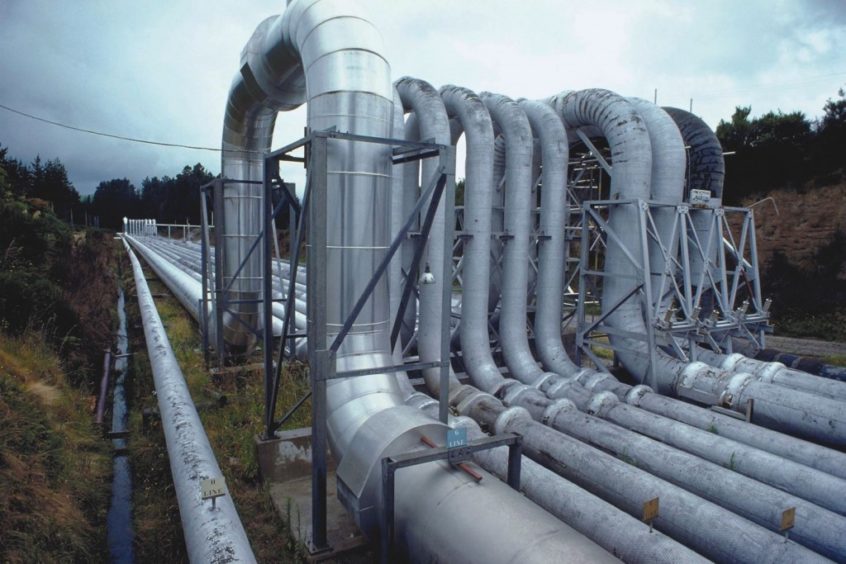
Companies working in Nigeria’s energy sector have called for a faster rate of change from the government.
Whether this will be satisfied by the recently re-proposed Petroleum Industry Bill (PIB) is not yet clear. The bill has been under discussion since 2007 and this week has been brought to the Nigerian legislature.
The bill comes as Nigeria is starting to recover from what the International Association of Drilling Contractors’ (IADC) local head Chuks Enwereji described as an “unprecedented crisis”. The official was speaking on a recent African Energy Chamber webinar focused on exploration.
Drilling rig numbers are low, but starting to come back as the oil price recovers, he said. In February, 37 rigs were active in Nigeria, this fell to 11 in July and has now risen slightly to 16, of a total fleet of 63.
“We’re still nowhere close to routine crew changes,” Enwereji said. Where progress has been made, the sector is still ripe for disruption and cancellations.
One problem is local regulations. “Costs keep on going up, while day rates are going down,” Enwereji noted.
Ocean Deep Drilling ESV Nigeria Limited’s (ODENL) Chijioke Akwukwuma also speaking on the webinar highlighted the tough regime and conflicting signals.
“When COVID-19 started a memo came from the government saying there was a need for all companies to reduce costs by 40%. Then, another arm of the government increased licence fees by more than 4,000% and another arm said you can’t release anyone from your company without approval,” he said.
The world is not waiting to invest in Nigeria “simply because we have potential”, Akwukwuma said. “Capital will flow to where it is most efficiently deployed. We’re good at talking visions but poor on executing on them, to allow people to invest.”
Sanity
PGS’ country manager Wole Oyetoran took a more positive tone. Following the approval of the Deep Offshore and Inland Basin legislation in 2019, “sanity is beginning to return to Nigeria”, he said. Prospects for the PIB are also promising, he said, given better relations between the Nigerian legislature and the executive.
While the pandemic has changed the nature of business, Oyetoran called for companies to channel these cost savings into areas such as data and production. “There are other gains we can make. Nigeria is going to bounce back in 2021-22.”
Neconde Energy’s head of gas ventures Chichi Emenike called on industry to reorient its priorities. “Gas is the hedge, it’s the new crude,” she said.
The gas market must mature, Emenike continued, and the government must “understand that it’s a different game. What we don’t want is to see a policy flip-flop. We want regulations that can encourage investment and incentivise business.”
